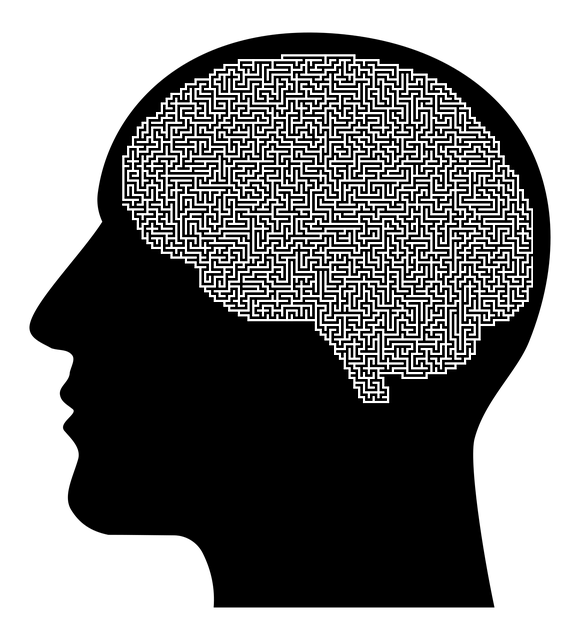Wheat Ridge Acceptance and Commitment Therapy (ACT) offers effective Social Skills Training for managing mental health conditions, teaching practical strategies through exercises and role-playing. This approach enhances well-being, job performance, community engagement, and prevents burnout, contributing to long-term mental health success. Incorporating cultural sensitivity and evidence-based methods, Wheat Ridge's ACT programs foster acceptance, mindfulness, and self-compassion, empowering individuals to thrive in all aspects of life.
Social skills training plays a pivotal role in managing mental health conditions, fostering healthier interactions and improving overall well-being. This article explores the significance of such training, focusing on the proven effectiveness of Acceptance and Commitment Therapy (ACT) in Wheat Ridge, a therapeutic approach that empowers individuals to navigate social challenges. We delve into practical strategies and techniques for enhancing social skills, offering insights tailored to the unique needs of those seeking support in Wheat Ridge.
- Understanding the Importance of Social Skills Training
- The Role of Acceptance and Commitment Therapy (ACT) in Wheat Ridge
- Strategies and Techniques for Effective Social Skills Development
Understanding the Importance of Social Skills Training

Social Skills Training plays a pivotal role in managing mental health conditions, offering individuals valuable tools to navigate social interactions with confidence and ease. This type of therapy is particularly effective in fostering connections and improving overall well-being, which are essential components of recovery. At Wheat Ridge Acceptance and Commitment Therapy (ACT), we recognize that many mental health struggles stem from difficulties in social situations, whether it’s anxiety, depression, or other conditions. Our approach focuses on teaching practical strategies to enhance communication, build relationships, and promote a sense of belonging.
Through targeted exercises and role-playing scenarios, clients learn to manage their responses to stressful social interactions, encouraging positive thinking and self-acceptance. The benefits extend beyond the therapy room; improved social skills can lead to better job performance, enhanced community outreach program implementation, and even burnout prevention. By investing in this training, individuals equip themselves to thrive in various aspects of life, creating a supportive network that contributes to their long-term mental health success.
The Role of Acceptance and Commitment Therapy (ACT) in Wheat Ridge

In Wheat Ridge, Acceptance and Commitment Therapy (ACT) has emerged as a powerful tool for social skills training among individuals managing mental health conditions. This evidence-based approach emphasizes acceptance, mindfulness, and commitment to valued actions, fostering an environment where clients can learn to navigate social interactions with greater ease. ACT encourages self-acceptance and defuses the struggle against difficult thoughts and feelings, allowing individuals to focus on what truly matters to them.
Through structured exercises and practical techniques, Wheat Ridge’s ACT programs incorporate cultural sensitivity in mental healthcare practice, ensuring that diverse populations receive tailored support. For instance, Mental Wellness Journaling Exercises provide guidance for introspective reflection, while Healthcare Provider Cultural Competency Training equips professionals with the skills to offer empathetic care that respects individual backgrounds and beliefs. This comprehensive approach not only enhances social skills but also promotes overall mental wellness according to recent studies.
Strategies and Techniques for Effective Social Skills Development

Social skills training is a cornerstone of holistic mental health treatment, and many therapeutic approaches offer effective strategies for development. One such evidence-based method, Wheat Ridge Acceptance and Commitment Therapy (ACT), emphasizes Mind Over Matter principles to help individuals cultivate coping skills and navigate social interactions with greater ease. Through ACT, clients learn to accept difficult thoughts and emotions while committing to valued actions, fostering a sense of self-compassion and resilience in social settings.
This training involves a multi-faceted approach, including Empathy Building Strategies, role-playing exercises, and group discussions. Role-playing allows individuals to practice new skills in a safe environment, while group interactions encourage the development of active listening, nonverbal communication, and perspective-taking. By integrating these techniques, social skills training becomes dynamic and tailored to each individual’s unique needs, ultimately enhancing their ability to form meaningful connections and navigate interpersonal relationships more effectively.
Social skills training, especially through evidence-based practices like Wheat Ridge Acceptance and Commitment Therapy (ACT), plays a pivotal role in managing mental health conditions. By learning effective communication strategies and building confidence in social interactions, individuals can significantly improve their quality of life. This holistic approach not only enhances their ability to navigate social situations but also fosters deeper connections and promotes overall well-being. Incorporating these skills into daily routines can be transformative, enabling folks to thrive in various environments, from personal relationships to professional settings.














